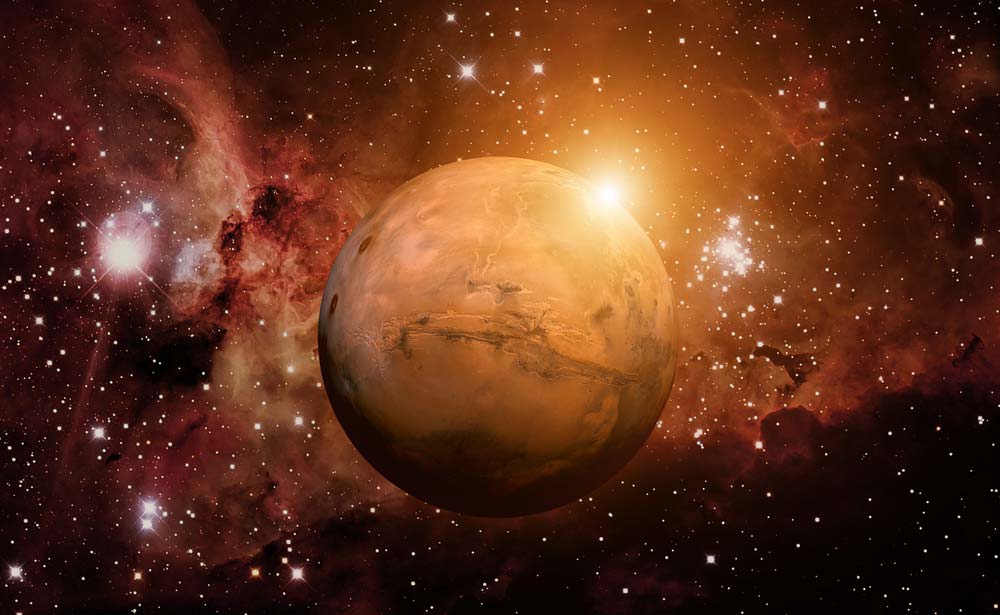
Profound and urgent questions
The above questions are becoming more urgent than ever: we are living in the so-called Anthropocene where humanity is actively changing and shaping our planet in an unprecedented and global manner. The human species has become an important factor in the evolution and survival of our own as well as other species, meaning we urgently need to understand and control this power. Lacking the power to predict evolution, the repercussions of human activities on life on our planet keep surprising us. Infectious agents such as the corona virus exploit our weaknesses to spread rapidly and globally. By recombining with local variants, they shapeshift and confront us with unexpected dangers, e.g. by being transmitted from animals to humans. Viruses change rapidly, thus evading the protection provided by vaccination; bacteria rapidly grow resistant against antibiotics; and plant or animal pest organisms rapidly become immune against new herbicides and pesticides.
Conversely, many plants and animals are facing extinction since they are not able to evolve quickly enough to cope with the current changes in climate and their habitats. Looking beyond these challenges on Earth, at the extra-terrestrial level, scientists have identified thousands of planets that orbit other stars, including Proxima Centauri, our nearest neighbour star. Some even resemble the Earth, at least in terms of size and temperature. The recently launched James Webb telescope is identifying many more such planets as it looks beyond our Solar system to distant worlds around stars, and probes the mysterious structures and origins of our universe and our place in it. Closer to home, searches for life are ongoing in our own Solar system. Discoveries of hydrothermal vents on Saturn’s moon Enceladus and of subsurface lakes of frozen water on Mars suggest that the conditions on the early Earth were not as unique as previously thought. However, even if the life on our planet might be less unique, its origin and how it evolved remains a big puzzle.

Unconventional transdisciplinary approach
While at the disciplinary level some aspects of the origin of life question have been unravelled, the answers obtained thus far are fragmentary and far from complete. We are convinced that an unconventional trans-disciplinary approach is needed for making substantial progress. Therefore, in 2019 we have started a concerted research effort with our successful H2020 oLife COFUND programme. oLife brought together a wide range of disciplines, from molecular biology to astrophysics and -chemistry, and from evolutionary ecology to planetary science. In only a few years, it already achieved important research advances, such as the effect of chirality on self-replicating entities, and the habitability of moons around exoplanets.